The Bureau of Indian Standards (BIS) has announced the introduction of two new standards aimed at enhancing the safety and quality of EV components. This move comes amidst a surge in demand for EVs over the past five years, which has been accompanied by a significant rise in safety-related incidents, particularly involving electric two-wheelers.
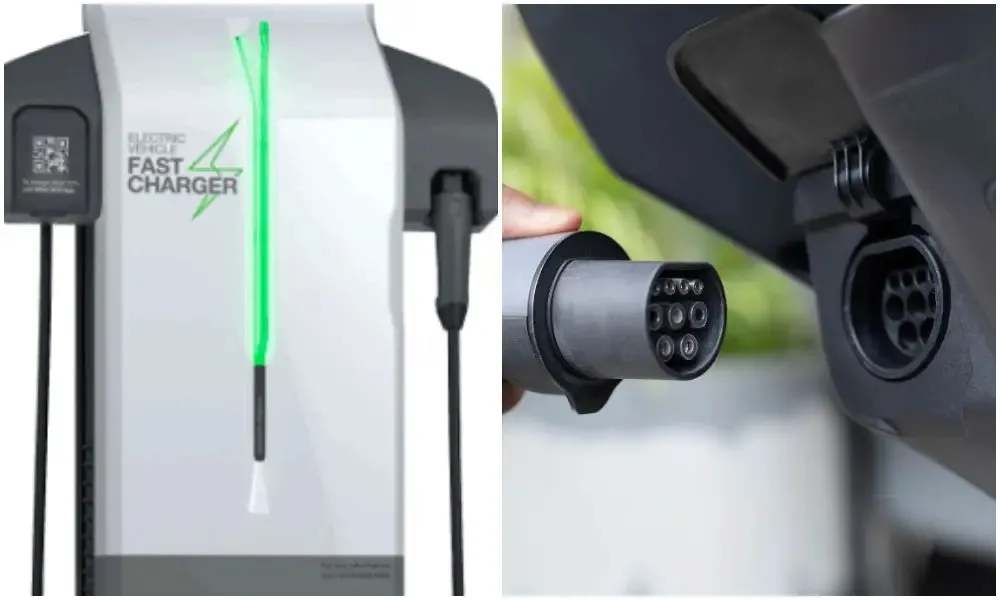
The new standards, ‘IS 18590: 2024’ and ‘IS 18606: 2024’, are designed to address the safety and quality of critical components in electric vehicles, including the powertrain. These standards will apply to three primary categories of EVs: two-wheelers (category L), four-wheelers (category M), and goods trucks (category N). By implementing these stringent safety requirements, BIS aims to ensure that all EVs across these categories meet enhanced safety benchmarks.
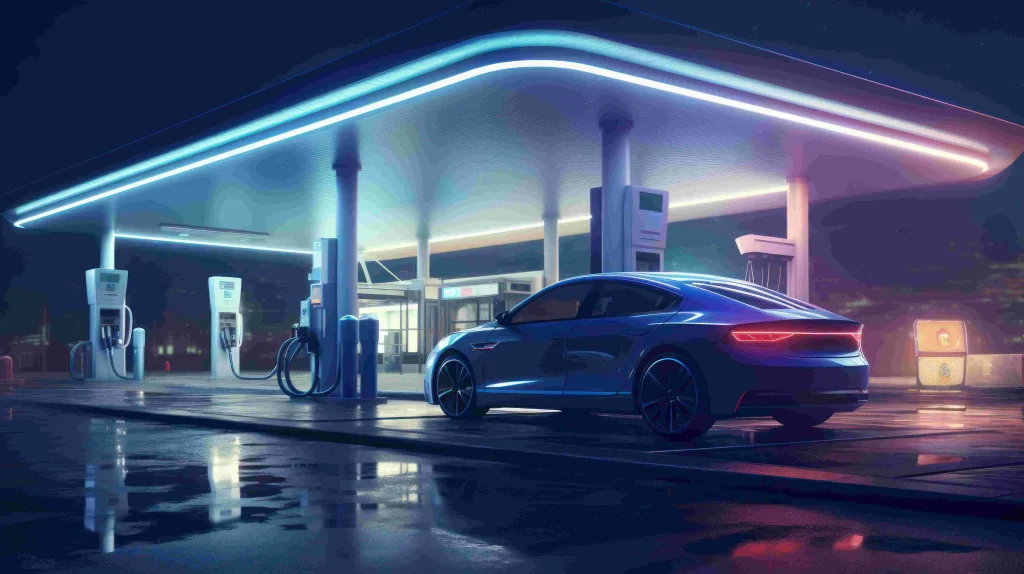
A key focus of the new standards is the safety and performance of EV batteries, which have been a point of contention and concern due to incidents of overheating and fires. The new guidelines mandate that batteries not only provide robust performance but also meet high safety standards to prevent potential hazards. This initiative aligns with BIS’s broader objective to improve consumer trust and promote the sustainable growth of the EV industry in India.
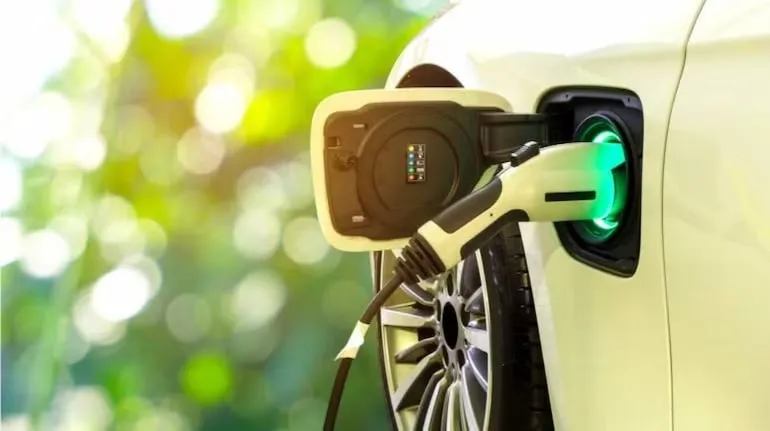
Acknowledging the growing popularity of E-rickshaws and E-karts in India, BIS has also introduced ‘IS 18294: 2023’, a dedicated standard for these vehicles. This standard covers comprehensive aspects of construction and functionality, ensuring enhanced safety for both drivers and passengers. With these new inclusions, BIS now oversees a total of 30 standards related to electric vehicles and their accessories, including charging systems, thereby reinforcing the infrastructure necessary for the EV sector’s growth.
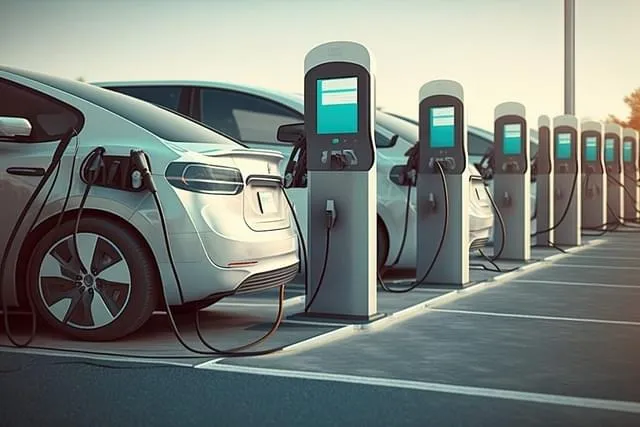
The announcement follows earlier regulatory actions by the Ministry of Road Transport and Highways (MoRTH), which on September 1, 2022, amended the EV battery testing standards AIS-156 for two- and three-wheelers, and AIS-038 (Revision 2) for four-wheelers. These amendments, introduced under the Central Motor Vehicle Rules (CMVR), were aimed at bolstering vehicle manufacturing standards to ensure higher safety and performance metrics.
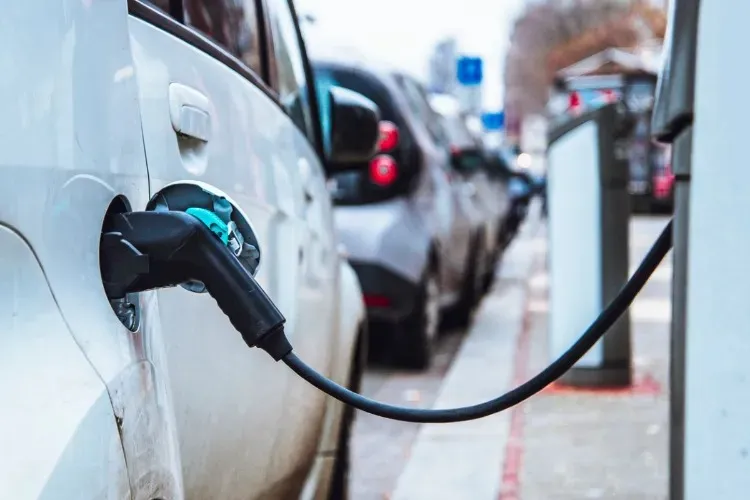
With India rapidly transitioning towards a cleaner and more sustainable transportation ecosystem, these updated standards from BIS and MoRTH represent significant steps in safeguarding the interests of consumers and fostering a reliable EV market. The authorities hope these measures will mitigate risks and encourage greater adoption of electric vehicles across the country.
